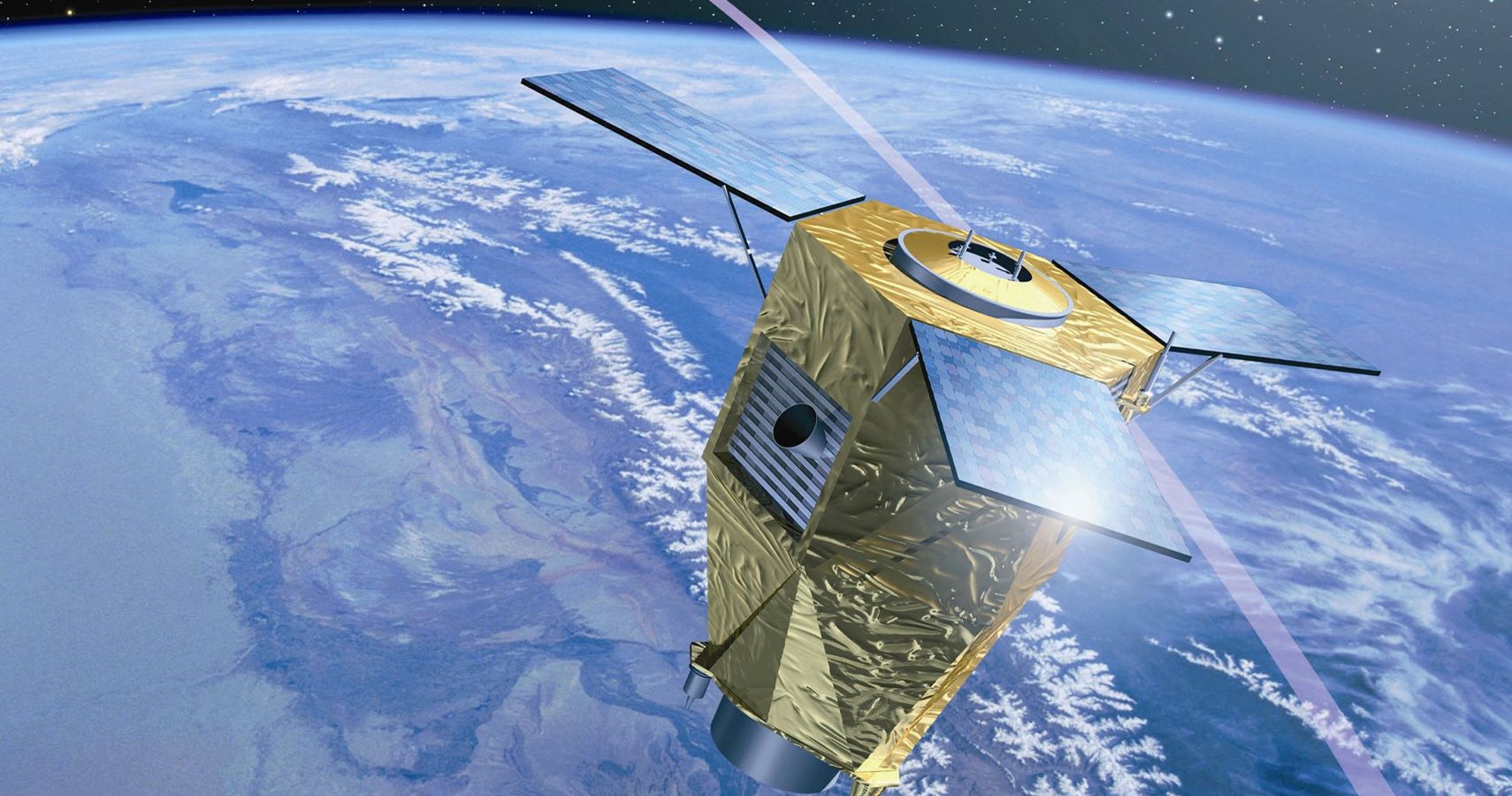Things are literally looking up Down Under.
Australia will soon join an elite league of nations able to launch rocket ships from Earth after its federal government approved $50 million to start its own space agency. The commitment is a followup to an announcement made by the government in September.
The May objective will allow for a space agency to grab a bigger share of the global outer space market than the 0.8 percent it currently holds. While Australia lacks its own launch facility and has no capabilities to design and build booster rockets for spacecraft, it has already put a number of its own satellites in orbit, thanks to partnerships with NASA and other agencies.
And while its history in astronautic technology pales in comparison to big guns like the U.S. and Russia, experts hardly think that a more independent space program is more within reach these days. Much of it has to do with the cheaper technology available to create reusable rockets and create smaller, more efficient spacecraft than the behemoths that used to lift off from pads eons ago.
"Space has been disrupted. Now we have cheap launches and small satellites," said Andrew Dempster, head of the Australian Centre for Space Engineering Research at the University of New South Wales. "Designing a space agency in 2018 means these [new technologies] can be exploited."
Even before a space agency became an objective, Australia's jumped into the game of late, having launched a fleet of CubeSat satellites in 2017 from Cape Canaveral in Florida. The launches marked the first time Australia has managed to put its own satellites in orbit in 15 years.
Closer to home, Australia might even be jealously eyeing the success of its smaller Kiwi neighbors. In 2017, New Zealand entered the elite astronautic club by launching its own satellite from a facility on the North Island. A private company called Rocket Lab put its Electron test satellite into orbit from the site.
According to the U.K.'s National Space Center, only a few nations have the launch capability to send a vehicle into orbit. Russia and the United States lead the pack, followed by China, France, India, Israel, Iran, Japan and North Korea. Other nations like South Korea and Ukraine have the technology to accomplish that feat, while several countries in Europe share those abilities as part of multinational organizations like Arianespace and the European Space Agency. Canada and the U.K. have also launched satellites into orbit, although they lack spaceport facilities in their own countries.

